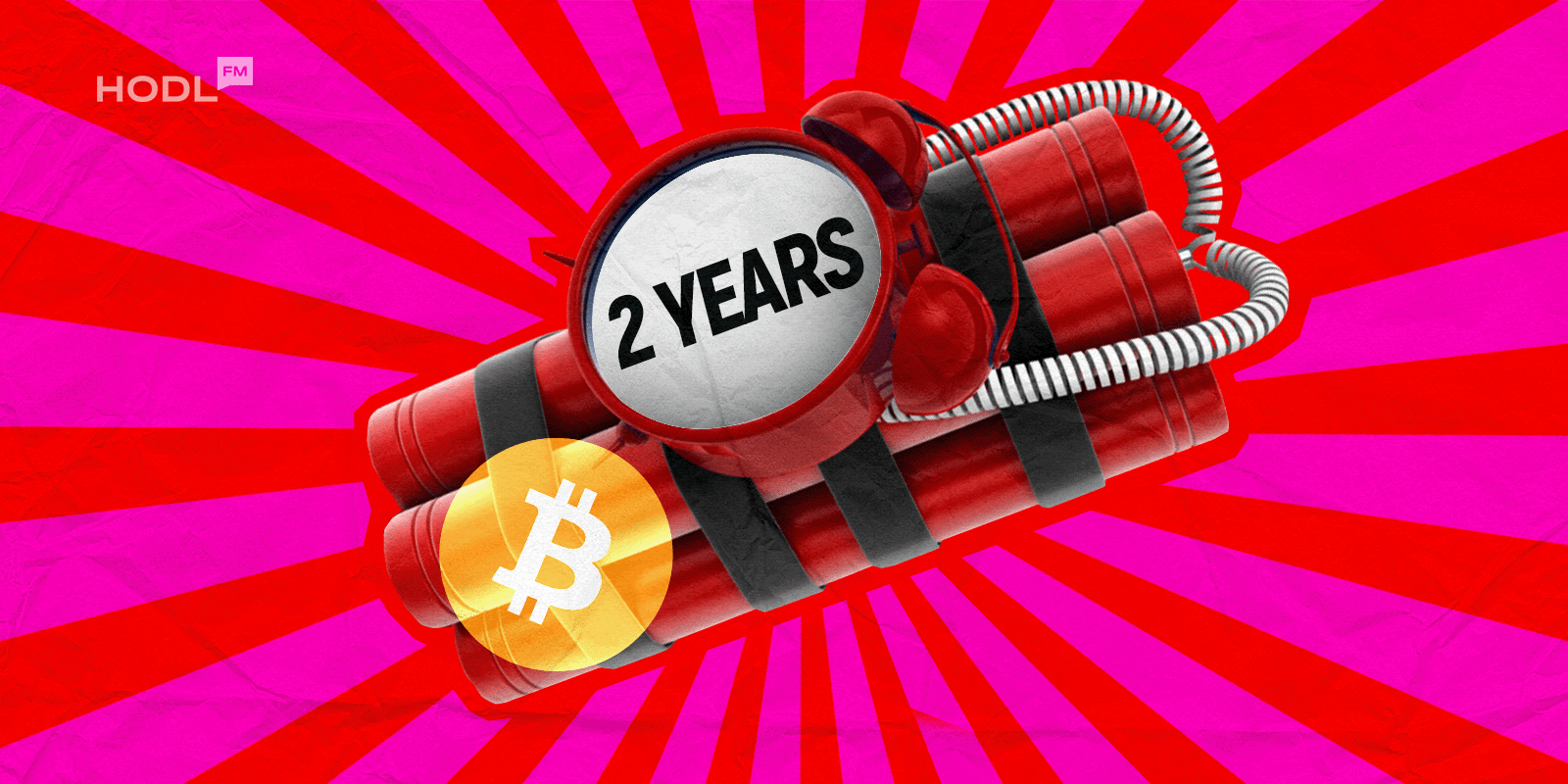Even in a best-case scenario in which the price of Bitcoin continues to rise, the overall effect will be an impoverishment of Bitcoin holders and non-holders alike, according to a research paper published by the European Central Bank (ECB).
ECB economists Ulrich Bindseil and Jürgen Schaaf claim in a paper titled ‘The distributional consequences of Bitcoin’, that a rising Bitcoin price would primarily benefit early investors at the expense of latecomers.
The paper goes on to assert that even non-Bitcoin holders would feel the detrimental effects of a surging BTC valuation since “Bitcoin does not increase the productive potential of the economy,” adding that “the consequences of the assumed continued increase in value are essentially redistributive.”
European Central Bank Paints Bitcoin as Ponzi-Scheme?
Fundamentally making the claim that Bitcoin bears the hallmarks of a Ponzi-scheme, the argument presented by the ECB researchers differs from the usual criticisms leveled at Bitcoin by claiming that even a continued price rise would result in large-scale harm.
Previous arguments assume that only a catastrophic Bitcoin price drop would lead to massive losses on the part of investors, and that the ripple effects would negatively impact the global economy as a whole.
The paper states:
While previous discussions on the redistributive effects of Bitcoin assumed that badly timed trading was a necessary condition for losses, this paper shows that neither poor timing of trades nor holding Bitcoin at all are necessary for impoverishment under a Bitcoin-positive scenario.
A Declaration of War on Bitcoin
Criticism of the claims made in the ECB research paper have been swift in coming. Bitcoin analyst Tuur Demeester wrote on X:
1/ This new paper is a true declaration of war: the ECB claims that early #bitcoin adopters steal economic value from latecomers. I strongly believe authorities will use this luddite argument to enact harsh taxes or bans. Check 🧵 for why: pic.twitter.com/qg31YenTSC
— Tuur Demeester (@TuurDemeester) October 19, 2024
According to Demeester, the ECB fails to see the technological benefits offered by Bitcoin, noting: “Rather than praising Bitcoin as a tech paradigm shift à la petroleum and the internet, the authors… argue that early adopters benefit at the expense of others.”
The ECB has historically taken a contentious view of Bitcoin. In a 2022 blog post the ECB claimed that Bitcoin is rarely used for legal transactions, and that it bears a reputational risk for banks that choose to promote it. The post also drew attention to Bitcoin’s negative environmental impact and reminded readers that even regulation does not necessarily equate to approval on the part of authorities.
ECB Takes Small-Minded View of Bitcoin
Industry leaders see the ECB’s stance on Bitcoin as short-sighted and small-minded. Phillip Pieper, co-founder of the real-world asset tokenization blockchain, Swarm, said the ECB failed to recognize the subtleties of Bitcoin’s infrastructure.
“Bitcoin is a competing infrastructure for decentralized finance in a similar vein to Ethereum, or Polygon, or any other. The difference with Bitcoin is there is a much more diffuse sense of the direction of the chain — compared to say Ethereum where the community continues to ratify updates and improvements,” said Pieper.
“To frame these major chains as mere up and down tokens is to fundamentally misunderstand how the crypto market is changing, and takes far too small a view of how big the crypto market has become in 2024,” Pieper added, noting that the ECB would do well to work with Bitcoin, and not against it.

Disclaimer: All materials on this site are for informational purposes only. None of the material should be interpreted as investment advice. Please note that despite the nature of much of the material created and hosted on this website, HODL FM is not a financial reference resource and the opinions of authors and other contributors are their own and should not be taken as financial advice. If you require advice of this sort, HODL FM strongly recommends contacting a qualified industry professional.




